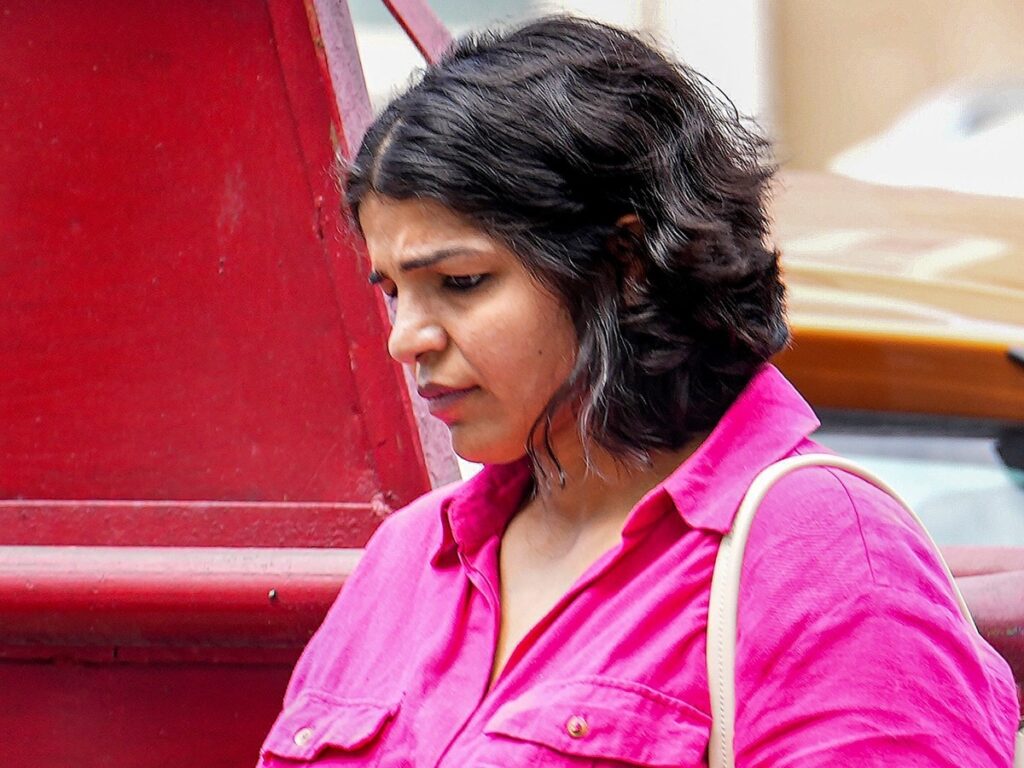Introduction
In the realm of sports, particularly wrestling, the safety and well-being of athletes are paramount. The struggles that female athletes face often go beyond the physical challenges of their sport, encompassing serious issues such as harassment and abuse. One notable incident involved renowned Indian wrestler Sakshi Malik, who bravely recounted her experience of an alleged sexual assault by the then-president of the Wrestling Federation of India (WFI), Brijbhushan Sharan Singh, during the 2012 Asian Junior Championships in Almaty, Kazakhstan.
Background on Sakshi Malik
Sakshi Malik gained national prominence after winning a bronze medal in the women’s freestyle 58 kg category at the 2016 Rio Olympics. Her journey has served as an inspiration for many young wrestlers in India. However, her recent revelations shed light on a darker side of the sporting world, where incidents of harassment can occur even in prestigious events.
The Incident in Almaty
At the Asian Junior Championships in 2012, Malik was just starting her career on the international stage. Despite her achievements, she faced a traumatic experience when Brijbhushan allegedly attempted to sexually assault her in a hotel room. This incident was not only a personal trauma for Malik but also highlighted the broader issue of women’s safety in sports.
Repercussions and Responses
Following her revelation, there was a significant outcry from various sections of society, prompting discussions about the treatment of female athletes in India. The incident has reignited debates around systemic issues in sports organizations regarding athlete safety and the protection of women from harassment.
| Year | Event | Significance |
|---|---|---|
| 2012 | Asian Junior Championships | Alleged sexual assault by WFI President |
| 2016 | Rio Olympics | First Indian female wrestler to win an Olympic medal |
Conclusion
Sakshi Malik’s courage in bringing her experience to light serves as a crucial reminder of the ongoing challenges that female athletes face. It is vital for sports federations, authorities, and the community at large to create a safe environment where all athletes can compete without fear of harassment. As conversations around this topic gain momentum, it is imperative to advocate for policy changes that protect athletes, ensuring that their focus remains solely on their performance and achievements.
